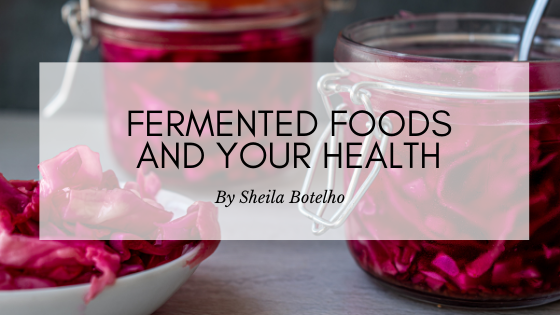Is there really such a thing as ‘friendly bacteria?’ I remember asking a naturopath this question many years ago. It was something that wasn’t discussed in mainstream circles. Having a conversation about fermented foods and your health seemed so alien to me. Bacteria was something I was taught to stay away from and definitely not eat!
As usual, holistic and Chinese medicine has been ahead of their time.
It seems that the western world has finally caught up over the last decade. Hearing ‘healthy bacteria’ and ‘probiotics’ in conversation is much more likely now. But what is the practical significance of this to our health?
How do probiotics actually work?
The part of the body responsible for utilizing probiotics is mostly your stomach. Also known as the microbiome, it includes other openings in your body like your nose, mouth, and genitals. 80 percent of your immune system is found here. The bacteria in your microbiome assists in every body process, from food digestion, to brain function, and weight regulation.
Maintaining a balanced microbiome is essential to feeling good and preventing serious health issues like insulin resistance, weight gain, and more serious degenerative diseases.
What causes your microbiome to get out of balance?
Eating too many foods that are processed, high in sugar or containing hormones. Taking antibiotics and antacids also cause your gut to take a hit.
The beautiful thing about your body is that when you feed it what it needs, it begins to heal itself.
While reducing stress, getting enough sleep and exercise helps, what you eat plays a big part. The key is learning what foods are best to get your body back in balance and making eating them a priority. Start by removing sugar and processed foods from your menu. Add a variety of colorful vegetables, leafy greens, and low-sugar fruit.
Now you’re ready for fermented foods.
Fermented foods include foods like sauerkraut, pickles, kombucha, kimchi, unprocessed yogurt, and kefir. Vegetables in this state are considered wonderful prebiotics due to the fibre they contain, which enhances the effects of the good bacteria that exists in your stomach.
Some of these foods, like kefir were found to contribute to the healing of wounds and regulating of the immune system. Recent studies also propose a link to the consumption of fermented foods to increased mental health and decreased anxiety.
It’s important to understand that authentic fermented foods need to be refrigerated because they are considered live foods. Always check the label for an expiration date to be sure.
Once you’ve primed your stomach with fermented foods, take a high quality probiotic. Supplementing with one will help balance your microbiome as well as your respiratory and urinary tracts. The probiotic my family uses can be found here.
Start simple
One of the ways I began incorporating fermented foods into my diet was to drink kombucha. This tasty fermented tea can be enjoyed as a pre-dinner drink and comes in a variety of flavors.
You can also munch on some fermented veggies like pickles or sauerkraut as an appetizer before your main meal. Little by little as you add these foods to your menu, your stomach will adjust and your entire body will reap the rewards.
Want more healthy lifestyle tips and tasty nutritious recipes? Subscribe here to get them fresh off the press straight to your inbox.
Blessings,
Sheila

